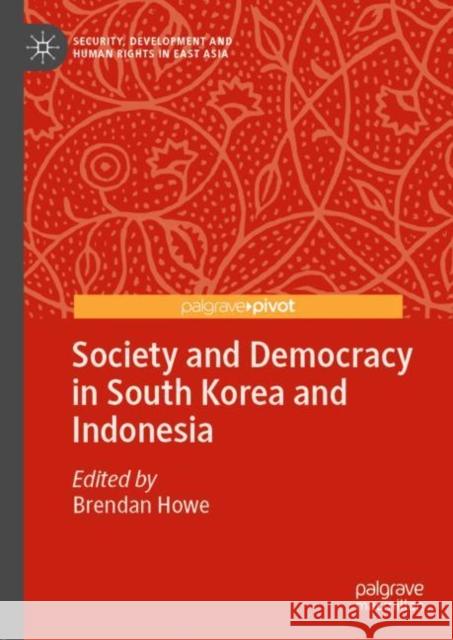Society and Democracy in South Korea and Indonesia » książka
topmenu
Society and Democracy in South Korea and Indonesia
ISBN-13: 9783031062667 / Angielski / Twarda / 2022 / 214 str.
Society and Democracy in South Korea and Indonesia
ISBN-13: 9783031062667 / Angielski / Twarda / 2022 / 214 str.
cena 181,11
(netto: 172,49 VAT: 5%)
Najniższa cena z 30 dni: 173,46
(netto: 172,49 VAT: 5%)
Najniższa cena z 30 dni: 173,46
Termin realizacji zamówienia:
ok. 16-18 dni roboczych.
ok. 16-18 dni roboczych.
Darmowa dostawa!
Kategorie BISAC:
Wydawca:
Springer International Publishing AG
Seria wydawnicza:
Język:
Angielski
ISBN-13:
9783031062667
Rok wydania:
2022
Ilość stron:
214
Wymiary:
21.0 x 14.8
Oprawa:
Twarda
Dodatkowe informacje:
Wydanie ilustrowane











